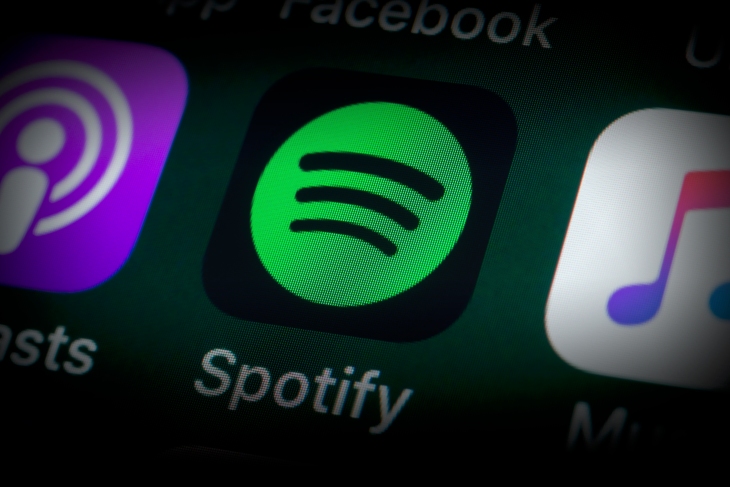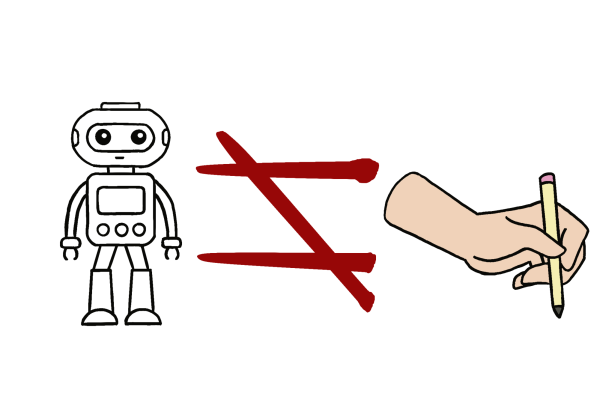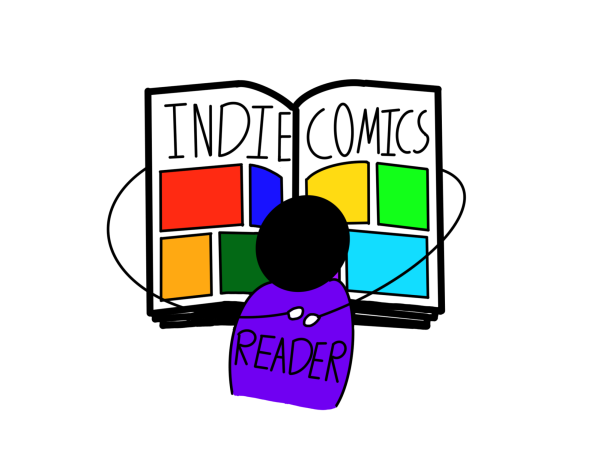End exploitation of musicians by streaming services
Music is everywhere. However, when we listen to it, we rarely stop to think about the financial side of our favorite artists’ lives. Music is a highly unequal business — with the streaming services on top, and artists on the bottom.
In theory, musicians have many different sources of income. They can go on tour, sign with a record label or sell merchandise, according to Rolling Stone. Yet, these options are only realistic for already established musicians, who have both cultural influence and name recognition.
Unfortunately, if you’re someone who independently creates music, and relies on streams for income, you’re out of luck. Spotify, the most popular streaming service in America, pays artists about 0.004 cents per song streamed — you would need 250 streams to make just $1, according to Business Insider.

An artist would need hundreds of thousands of streams to make enough money to live on. And while that target might be easy to hit for Drake or Taylor Swift, the reality is that the vast majority of musicians will never get near their level of fame.
Because of these factors, the median musician in the United States makes less than $25000 a year, which often is not enough to live on, according to Rolling Stone.
It is not as if there’s no money to be found in the music industry — it’s just not going to musicians. The difference between the money made by artists and money made by streaming platforms is outrageous. Spotify received $2.9 billion in revenue last year, according to Barrons.
Unfortunately, this inequality will drive talented people away from careers in music, as the risk of failing to gain recognition and living in poverty is high for them. We will lose fresh perspectives that push for change in our music at a time when our country desperately needs them.
Although this exploitation of artists is shocking, what’s even more surprising is that many people seem to be unaware that it exists. We should not forget how musicians are treated the next time we listen to them, in addition to holding those in power accountable.
If companies like Spotify are unwilling to increase what they pay to artists, then someone else, like the government, must step in and force them to. If we want the artists we love to continue making music, then making sure action is taken is our responsibility.
Keshav is a senior and one of the Senior Opinion Editors for the Epitaph. In his second year in journalism, he's hoping to share his passion...












Kirk Clendinnin • Jan 24, 2023 at 7:13 am
I have an idea for how to fix the streaming earnings problem for indie musicians. Since many of my friends are musicians, I have thought about the problem for a couple of years. I think technology now might make it possible.
Since I am a nobody and do not have the resources to bring this dream to reality, rather than keeping it to myself, hoping someday to share in what I think will be a billion dollar industry, I have created a website hoping to develop a groundswell of interest from musicians, whose support will either motivate others to provide me with the investment capital needed to see the dream come to fruition, or perhaps will motivate someone else to build on my concept.
Either way, if the right group of people can do this, indie musicians will benefit and the face of the music economic ecosystem would be changed forever.
Please take a look at ftmdg dot com
Thanks,
-kirk-
Kirk clendinning • Jan 20, 2023 at 9:37 am
Fair Trade Music Distribution Group
I advocate using a parallel system to streaming to provide income to indie musicians by leveraging the current streaming ecosystem. The key is to recognize the difference in stream on demand (think jukebox) and play on demand (think record or cd) rights. Musicians must retain their play on demand rights. Read more about it on the website and spread the word.
The website address is ftmdg dot com.